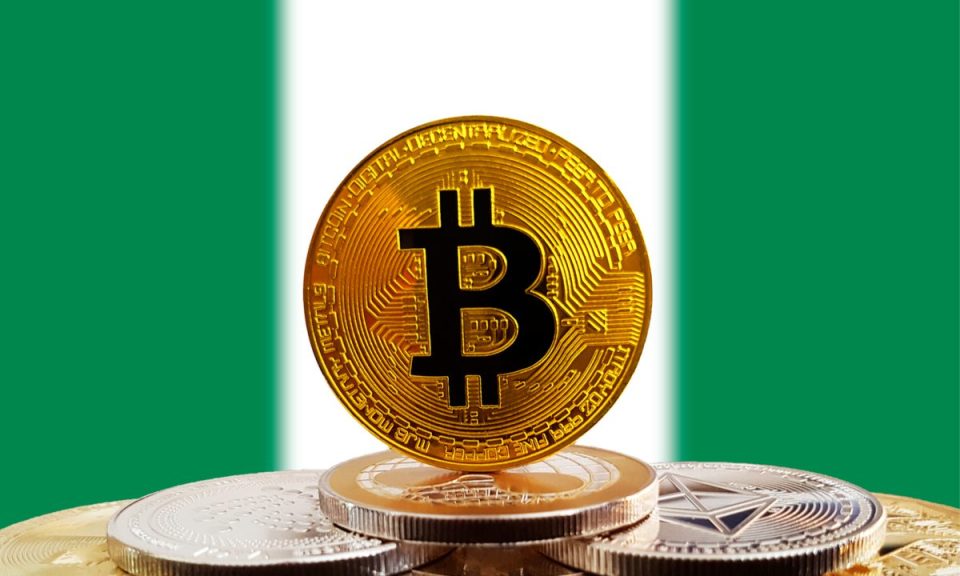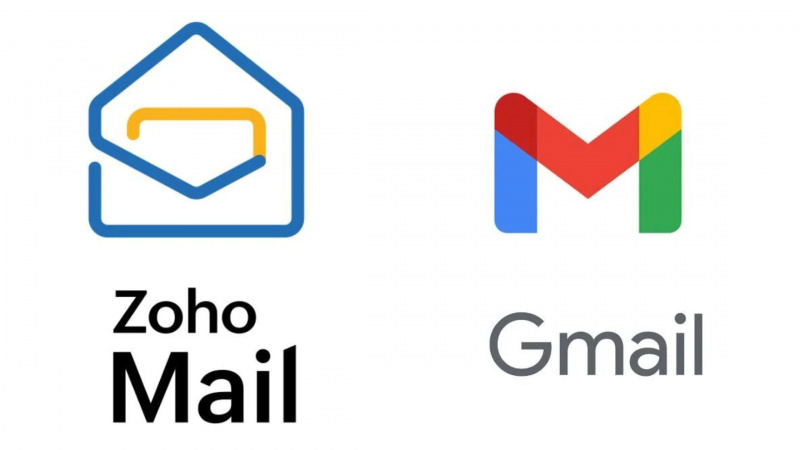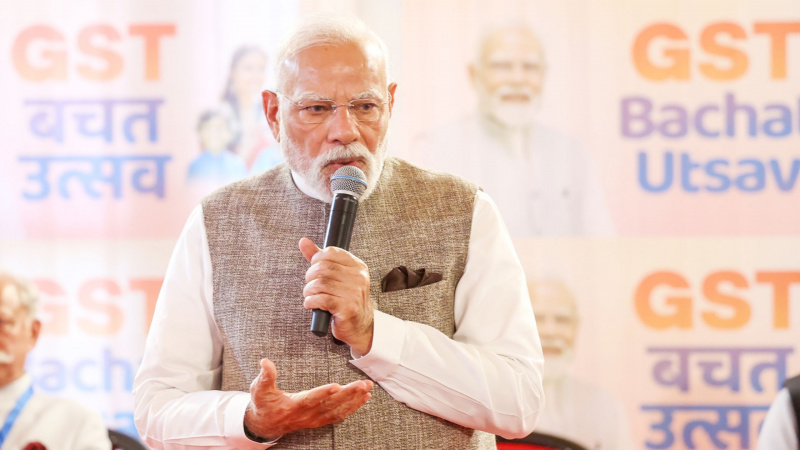Nigeria Government has now Formally Approved Blockchain use in Nigeria
This means that blockchain technology will be institutionalized and used in critical sectors to improve trust, transparency, and the traceability of data shared
- by B2B Desk 2023-05-04 06:23:27
Nigeria has recently approved the use of blockchain technology in their country. This is a big deal as Nigeria has joined the list of countries that have embraced the use of blockchain technology in their economy.
The Federal Executive Council meeting, chaired by President Muhammad Buhari, approved the use of blockchain technology as a part of the national digital economic policy and strategy. The Nigerian government recognizes the potential of blockchain technology to add value to the global economy by 2030 and wants to leverage its benefits.
This means that blockchain technology will be institutionalized and used in critical sectors to improve trust, transparency, and the traceability of data shared across business networks. A national blockchain policy for Nigeria has been created as a part of this strategy. This policy will guide the implementation of blockchain technology in the country.
Blockchain technology is a secure and transparent digital ledger that allows information to be recorded in a way that is difficult to alter or hack. It has many potential applications, including in finance, supply chain management, and voting systems. With the adoption of this technology, Nigeria is taking a significant step towards the digital revolution.
In addition to the adoption of blockchain technology, the Federal Executive Council also approved the procurement of firefighting trucks for the aviation sector. The government is prioritizing the safety and security of air passengers and is committed to ensuring that the necessary equipment is available to handle any emergencies.
Furthermore, the Ministry of Transport has been given approval for a public-private partnership contract to address the challenge of portable water at the papa and tinken Island ports in Lagos. This is another significant development as it will ensure that the ports have access to clean water, which is essential for the smooth operation of these facilities.
President Muhammad Buhari has been leading the charge for a digital revolution in Nigeria since launching the national digital economic policy and strategy in November 2019. He recognizes that the future of the economy is in the digital space, and Nigeria needs to be prepared for the challenges and opportunities that come with this shift.
Also Read: Why Crypto Market Needs Regulation to Attract Institutional Investors?
POPULAR POSTS
The Agentic Revolution: Why Salesforce Is Betting Its Future on AI Agents
by Shan, 2025-11-05 10:29:23
OpenAI Offers ChatGPT Go Free in India: What’s Behind This Big AI Giveaway?
by Shan, 2025-10-28 12:19:11
Zoho Products: Complete List, Launch Years, and What Each One Does
by Shan, 2025-10-13 12:11:43
Arattai vs WhatsApp: Which Messaging App Should You Choose in 2025?
by Shan, 2025-10-10 11:55:06
Top Buy Now Pay Later (BNPL) Apps for Easy Shopping in 2025
by Shan, 2025-09-22 10:56:23
iPhone 17 Sale in India Begins: Full Price List, Launch Offers and Store Availability
by Shan, 2025-09-19 12:00:45
Apple September 2025 Event Recap: iPhone 17, iPhone Air, Apple Watch Series 11, and India Pricing Revealed
by Shan, 2025-09-10 09:55:45
RECENTLY PUBLISHED

Loan EMIs to Drop as RBI Slashes Repo Rate - Full MPC December 2025 Highlights
- by Shan, 2025-12-05 11:49:44

Pine Labs IPO 2025: Listing Date, Grey Market Premium, and Expert Outlook
- by Shan, 2025-11-05 09:57:07

Top 10 Insurance Companies in India 2026: Life, Health, and General Insurance Leaders Explained
- by Shan, 2025-10-30 10:06:42

Best Silver Investment Platforms for 2025: From CFDs to Digital Vaults Explained
- by Shan, 2025-10-23 12:22:46

Zoho Mail vs Gmail (2025): Which Email Platform Is Best for Businesses, Startups, and Students?
- by Shan, 2025-10-09 12:17:26

PM Modi Launches GST Bachat Utsav: Lower Taxes, More Savings for Every Indian Household
- by Shan, 2025-09-24 12:20:59




 Subscribe now
Subscribe now 